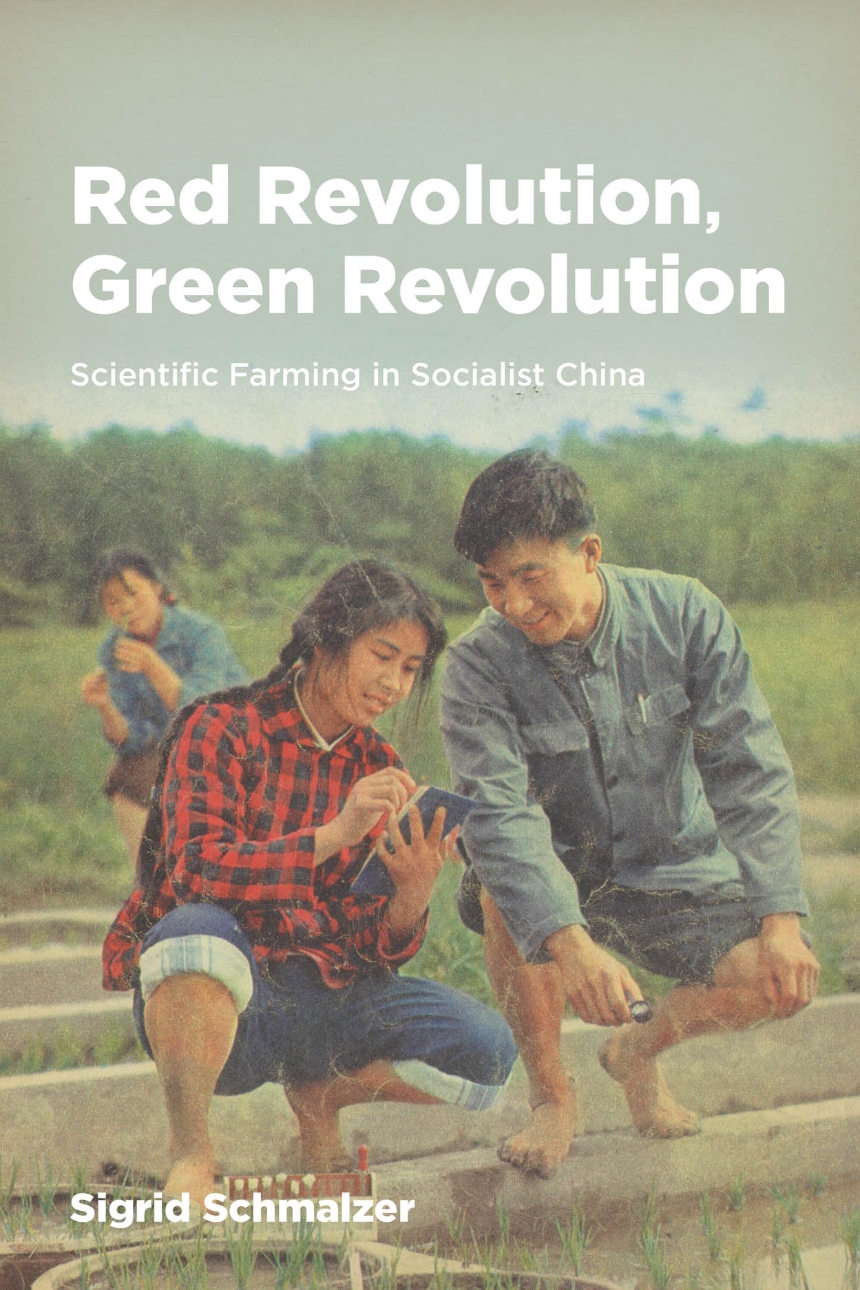Red Revolution, Green Revolution
Scientific Farming in Socialist China
In Red Revolution, Green Revolution, Sigrid Schmalzer explores the intersection of politics and agriculture in socialist China through the diverse experiences of scientists, peasants, state agents, and “educated youth.” The environmental costs of chemical-intensive agriculture and the human costs of emphasizing increasing production over equitable distribution of food and labor have been felt as strongly in China as anywhere—and yet, as Schmalzer shows, Mao-era challenges to technocracy laid important groundwork for today’s sustainability and food justice movements. This history of “scientific farming” in China offers us a unique opportunity not only to explore the consequences of modern agricultural technologies but also to engage in a necessary rethinking of fundamental assumptions about science and society.
320 pages | 10 color plates, 30 halftones | 6 x 9 | © 2015
Asian Studies: East Asia, General Asian Studies
History: Asian History, History of Technology
Reviews
Table of Contents
List of Illustrations
Introduction
1 Agricultural Science and the Socialist State
2 Pu Zhelong: Making Socialist Science Work
3 Yuan Longping: “Intellectual Peasant”
4 Chinese Peasants: “Experience” and “Backwardness”
5 Seeing Like a State Agent
6 The Lei Feng Paradox
7 Opportunity and Failure
Epilogue
Acknowledgments
Notes
Sources
Index
